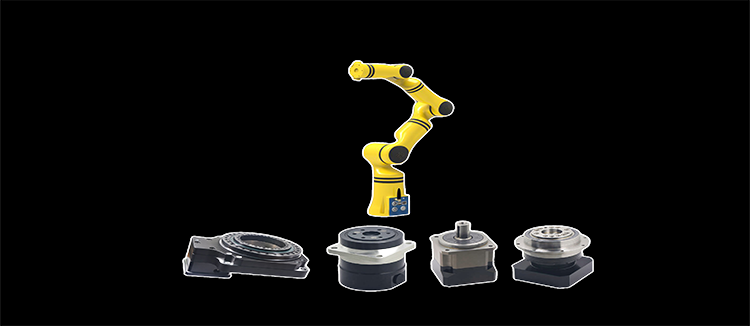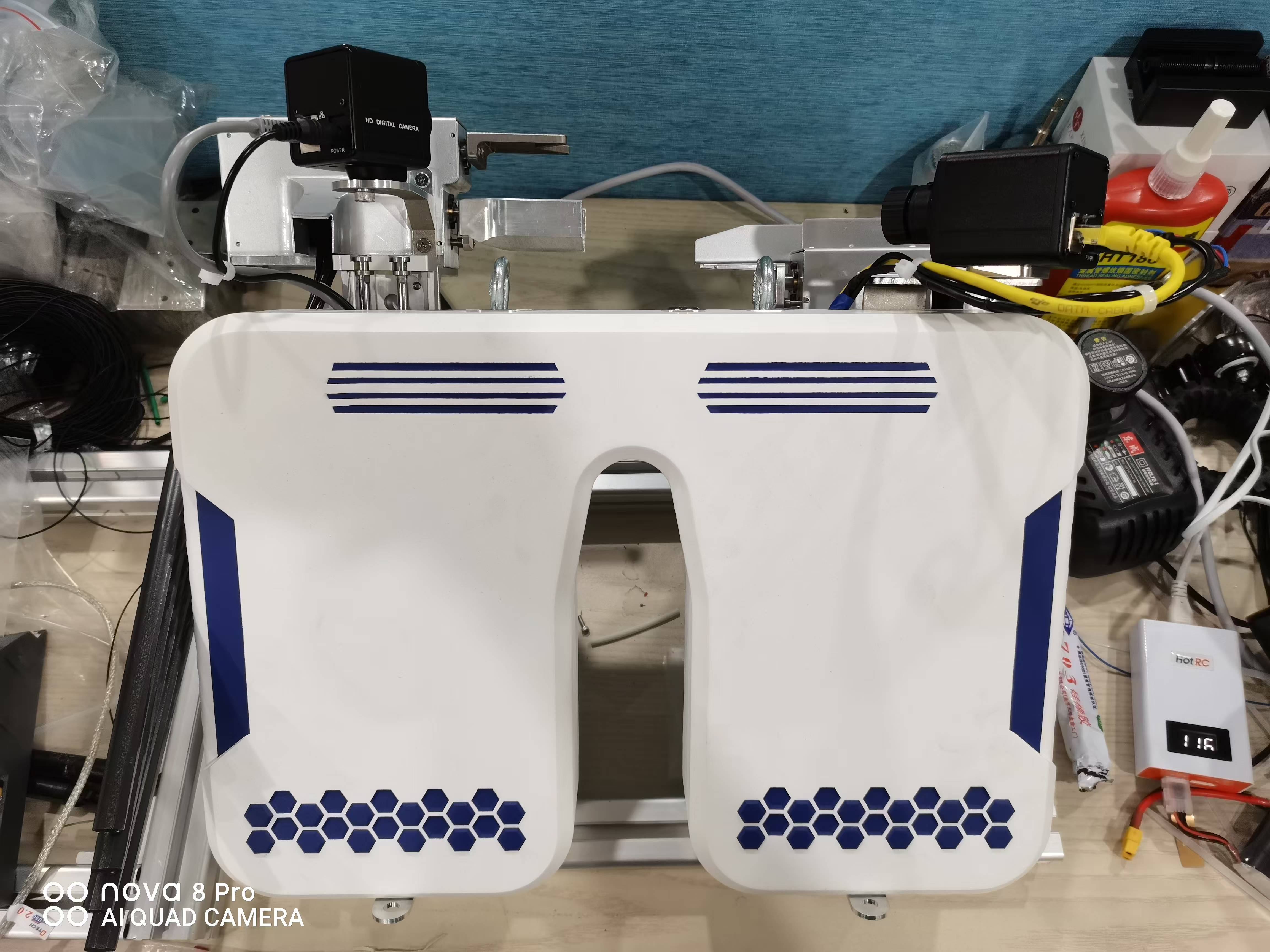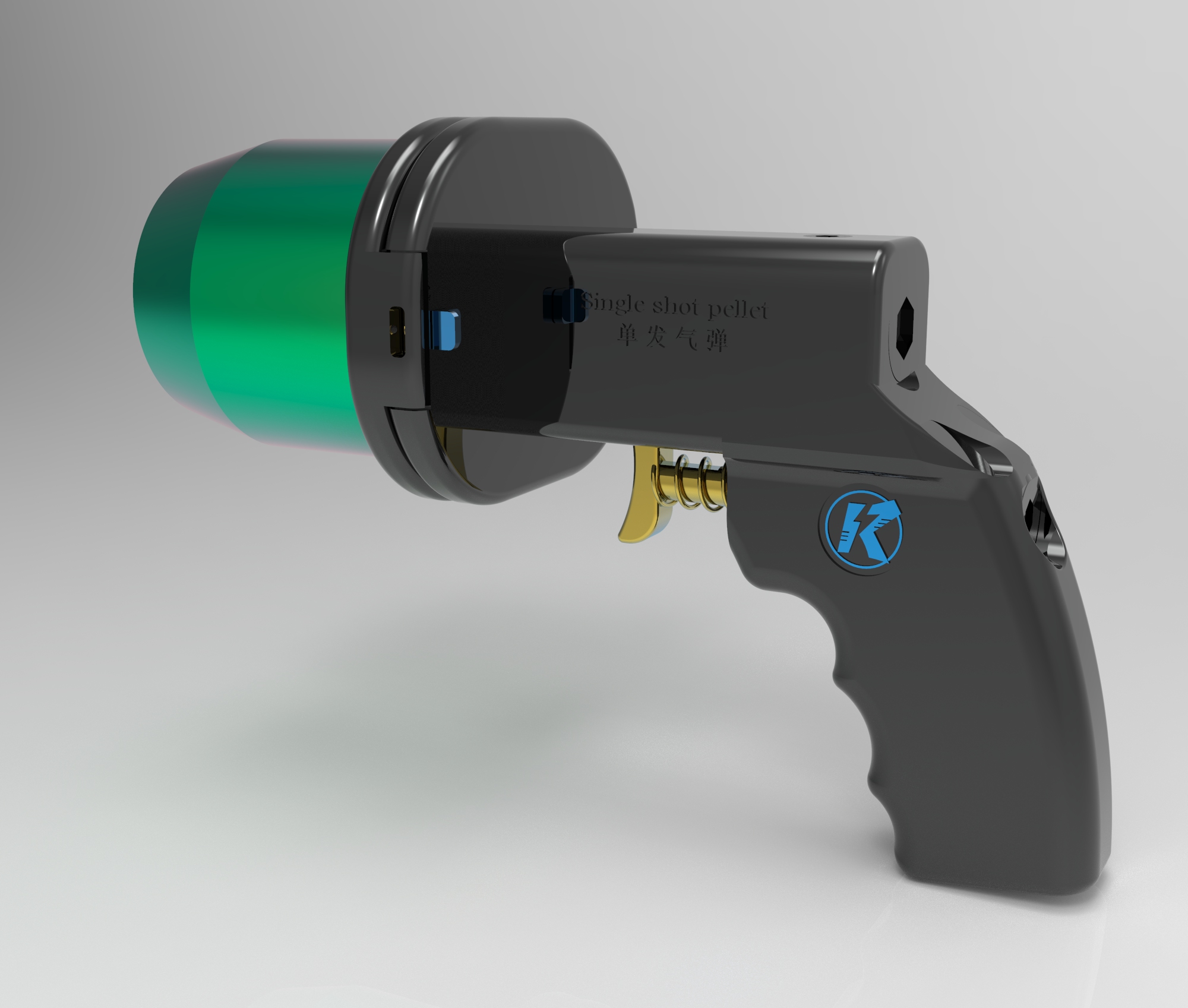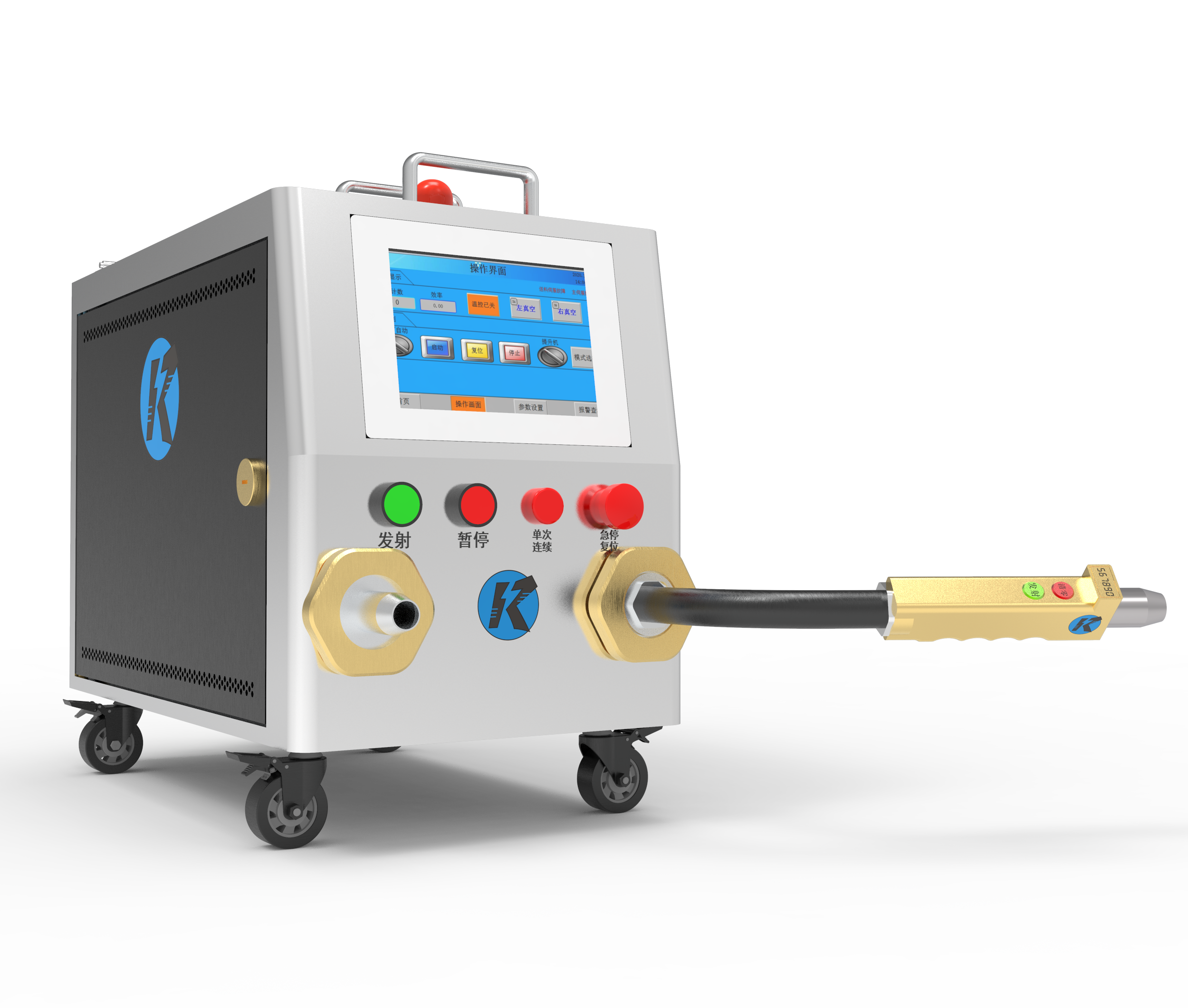Understanding the Role and Applications of Servo Motor in Modern Automation
Servo motors are an integral part of modern automation systems, providing precise control and high efficiency. These motors are widely used in various industries, from robotics to manufacturing, due to their ability to accurately follow a command signal. In this article, we will delve into the world of servo motors, exploring their role, applications, and the factors that make them indispensable in today's technologically advanced world.
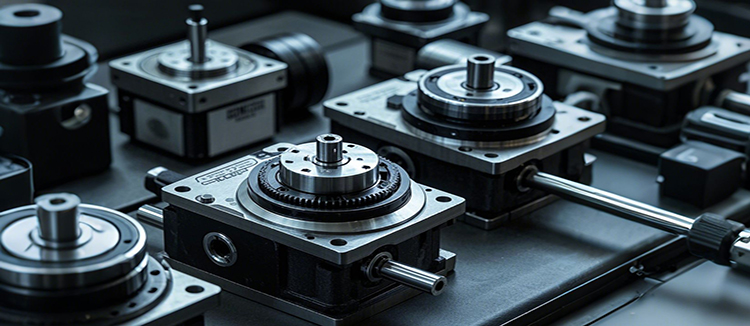
A servo motor is a rotary actuator that allows for high-precision control of angular position, velocity, and acceleration. It is a type of motor that combines a motor with a feedback device, such as an encoder, to create a closed-loop system. This system allows the servo motor to receive a command signal and adjust its output accordingly, ensuring that the desired motion is achieved with high accuracy and repeatability.
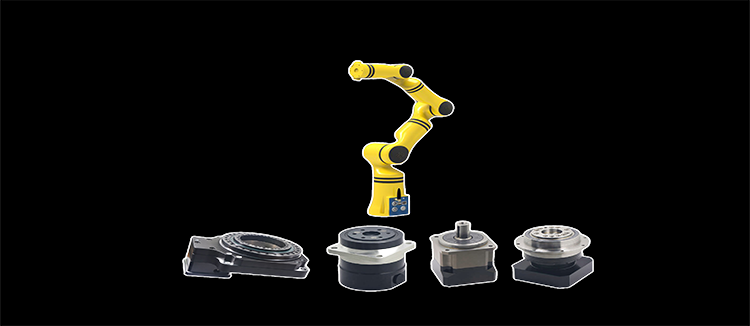
The core advantage of servo motors lies in their precision and speed. Unlike traditional motors, which simply rotate at a fixed speed, servo motors can be programmed to move to specific positions, rotate at precise speeds, and even change direction on command. This level of control is crucial in applications where accuracy is paramount, such as in assembly lines, CNC machines, and robotic arms.
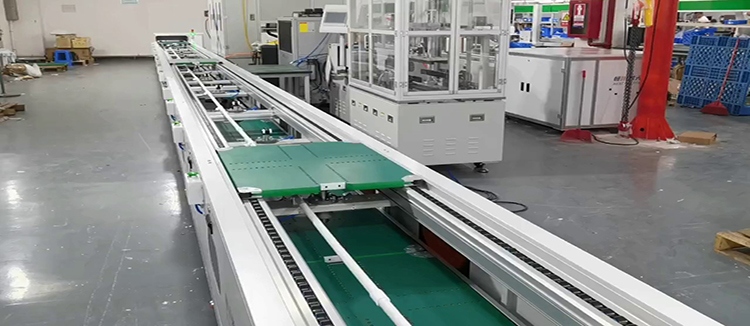
One of the primary applications of servo motors is in the field of robotics. In robotic systems, servo motors are used to control the movement of various joints and limbs. They provide the necessary torque and precision to ensure that the robot can perform its tasks efficiently and accurately. For example, in an industrial robot, servo motors might be used to control the movement of the arm, wrist, and gripper, allowing the robot to pick up, manipulate, and place objects with precision.
Another significant application of servo motors is in the manufacturing industry. In this context, they are often used in conjunction with computer numerical control (CNC) machines. CNC machines use servo motors to control the movement of cutting tools, ensuring that the material is cut and shaped with high precision. This is particularly important in industries such as aerospace and automotive, where components must meet strict tolerances and specifications.
Servo motors also play a vital role in the field of automation and control systems. In these systems, servo motors are used to control the movement of various mechanical components, such as conveyor belts, sorting systems, and packaging machines. The ability of servo motors to accurately follow command signals allows these systems to operate with high efficiency and reliability, reducing the need for manual intervention and increasing overall productivity.
One of the key factors that contribute to the popularity of servo motors is their versatility. They can be used in a wide range of applications, from small-scale hobbyist projects to large-scale industrial operations. This versatility is due to the fact that servo motors can be easily programmed and controlled using various types of control systems, including PLCs (programmable logic controllers) and microcontrollers.
In addition to their versatility, servo motors are also known for their reliability and durability. They are designed to withstand heavy use and can operate for extended periods without requiring maintenance or replacement. This makes them an ideal choice for applications where downtime is costly and reliability is crucial.
As technology continues to advance, the role of servo motors in automation is only expected to grow. With the increasing demand for precision and efficiency in various industries, servo motors will continue to be a crucial component in the development of new and innovative systems. Understanding the capabilities and applications of servo motors is essential for anyone involved in the field of automation, as they represent the backbone of many modern control systems.

